An investigation has found that millions of saltwater fish are being caught in the waters around Bali every year. These tropical fish are being sent to aquariums and fish tanks across the globe, spelling potential disaster for vulnerable coral reefs. While the mass capture of tropical fish may provide jobs for some rural coastal communities, in the bigger picture, the industry is playing an active role in decimating biodiversity and, in turn, coastal economies.
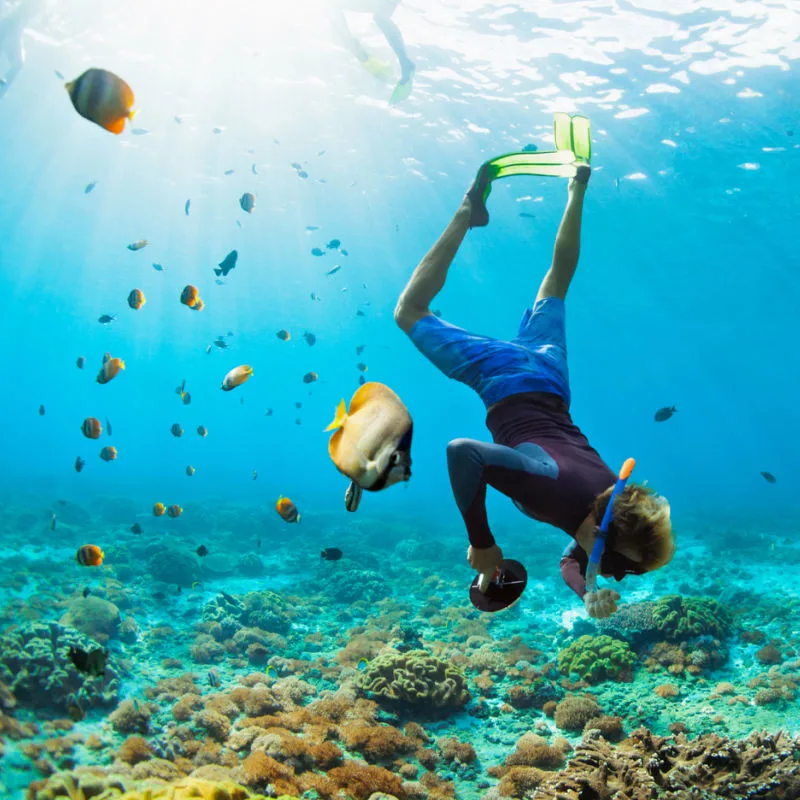
Tropical fish diver Made Partiana, who is based in Bali, told reporters that demand for tropical fish for aquariums is rising. He heads out to the reef nearly every day to capture tropical fish by free diving and using weighted nets.
He said that removing these species is causing a degradation of the vulnerable coral ecosystems that sit just off the coast of Bali, the Nusa and Gili Islands, and other parts of Indonesia. The fish are captured by a variety of methods, though one popular way to secure a catch is to use cyanide.
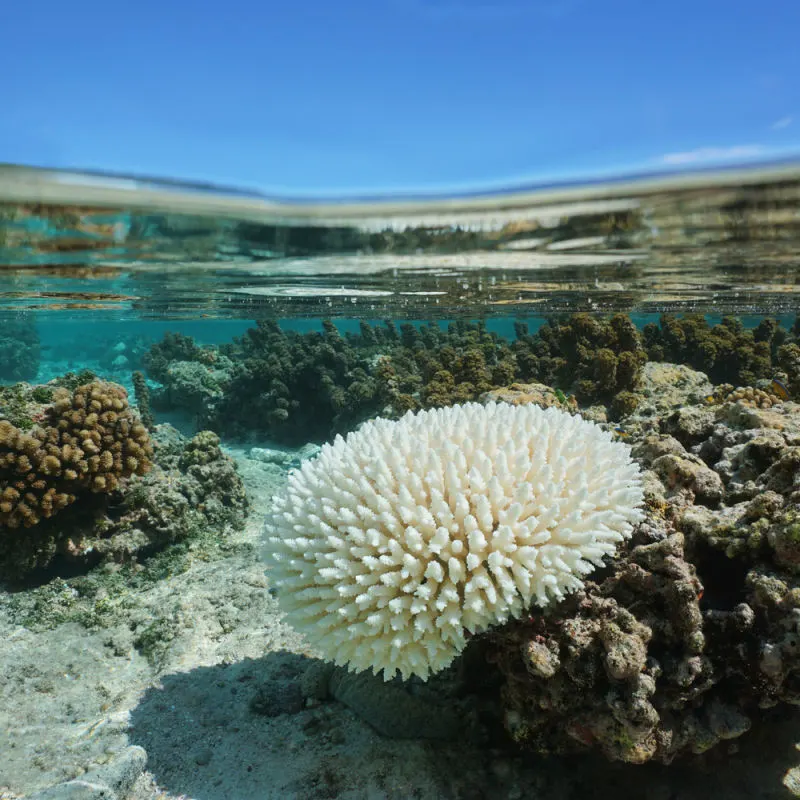
The founder of LINI, the Indonesian Nature Foundation, Gayatri Reksodihardjo-Lilley, told reporters that the industry is very hard to regulate. She explained, ‘There’s no enforcement, no management, no data collection’.
While many first assume that the capture of tropical fish for aquariums is for big, public aquariums and zoos, that is, in fact, not the case. The vast majority of the tropical fish captured off the coast of Bali for aquariums are sold into tanks that are kept by hobbyists and in homes across the world. In a survey conducted by the American Pet Products Association in 2021-22, approximately 3 million homes have a saltwater fish tank. A whopping 7.6 million saltwater fish are imported into the United States as pets yearly.
Top 5 Travel Insurance Plans For 2023 Starting At $10 Per Week
Easily Earn Points For Free Travel
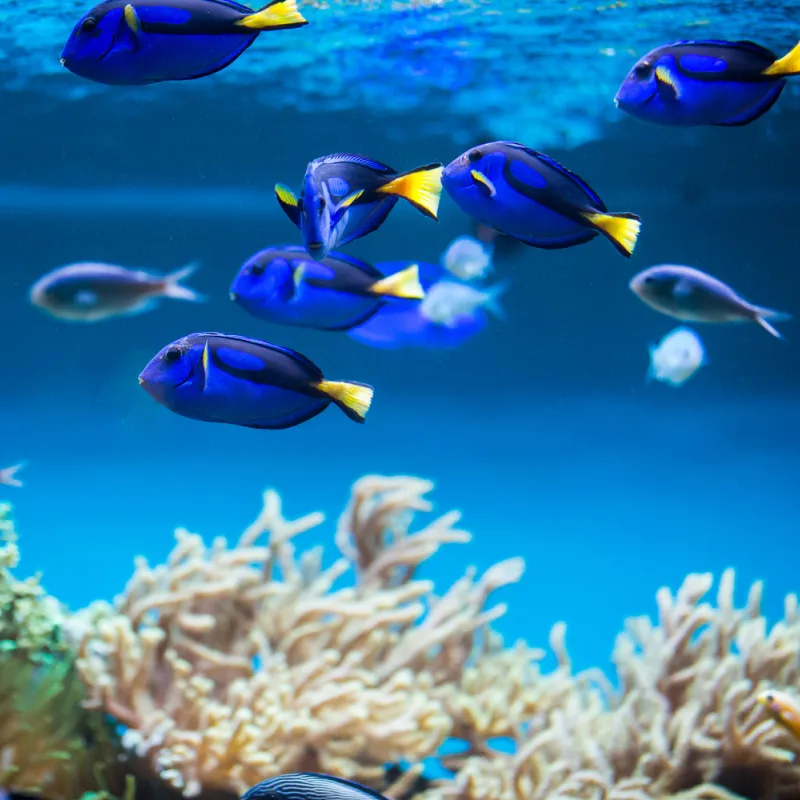
According to Professor of Marine Biology Andrew Rhino from Roger Williams University in Rhode Island, ’Consumers often don’t know where their fish is coming from, and they don’t know how they are collected’. Saltwater fish tank owner Jack Siravo is from Rhode Island and told reporters that his tanks offer him an ‘endless source of fascination after he was left paralyzed by a life-changing accident. He explained, ‘It’s just so much fun to just watch the antics between different varieties of fish’.
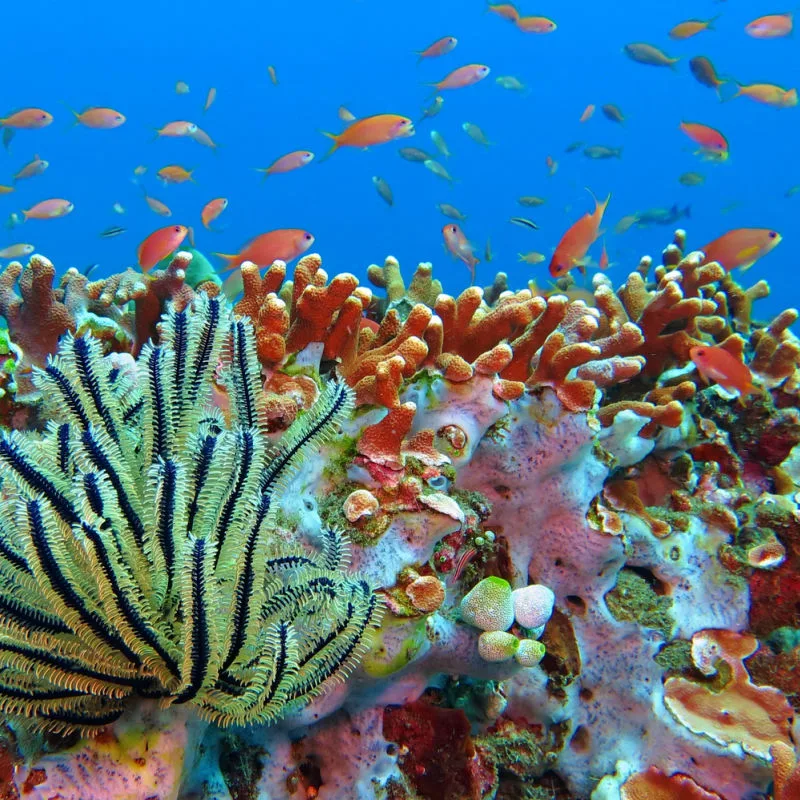
There have been extensive efforts to regulate the industry and stamp out destructive practices such as cyanide fishing. The supply chain is exceptionally long, starting with local fishermen like Made Partiana through to markets and intermediaries, ports and export warehouses, and vast international trading routes. Eventually, if they survive inhospitable conditions and turbulent journeys, the fish arrive in pet shops in the USA. Other key markets can be found across Europe and China.
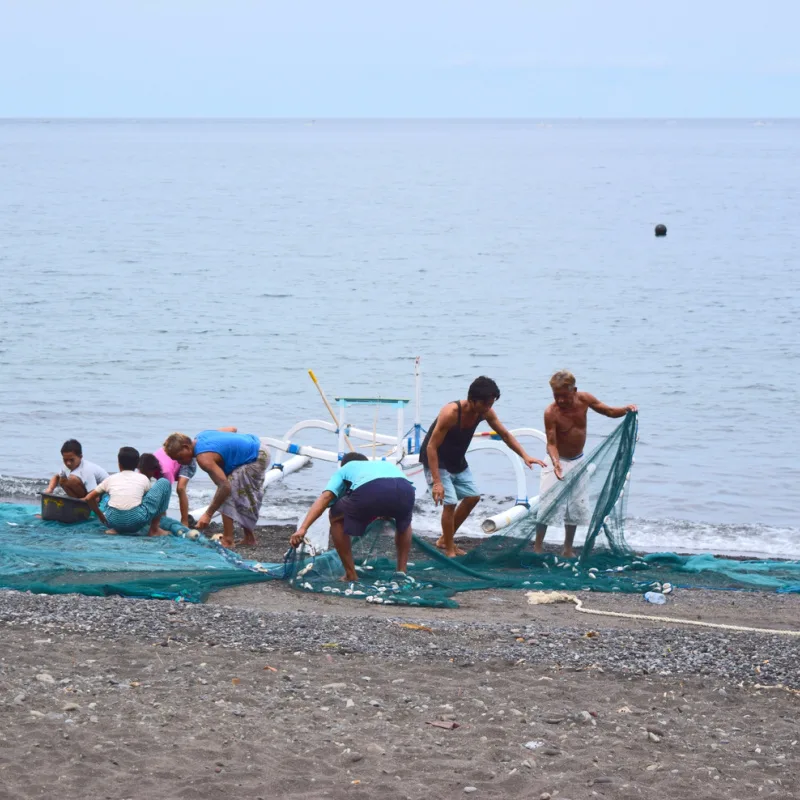
Conservationists like Reksodihardjo-Lilley say that efforts to regulate the industry for the good of people, place, and the fish themselves have been very difficult. She explained, ‘We have been working at the national level, trying to push the national government to give attention to ornamental fish in Indonesia, but it’s fallen on deaf ears’. Much like with shark finning, the illegal trade of songbirds, orangutans, and other endangered species, there are pockets of impactful work being carried out across Indonesia, while the bigger picture often continues to play out.
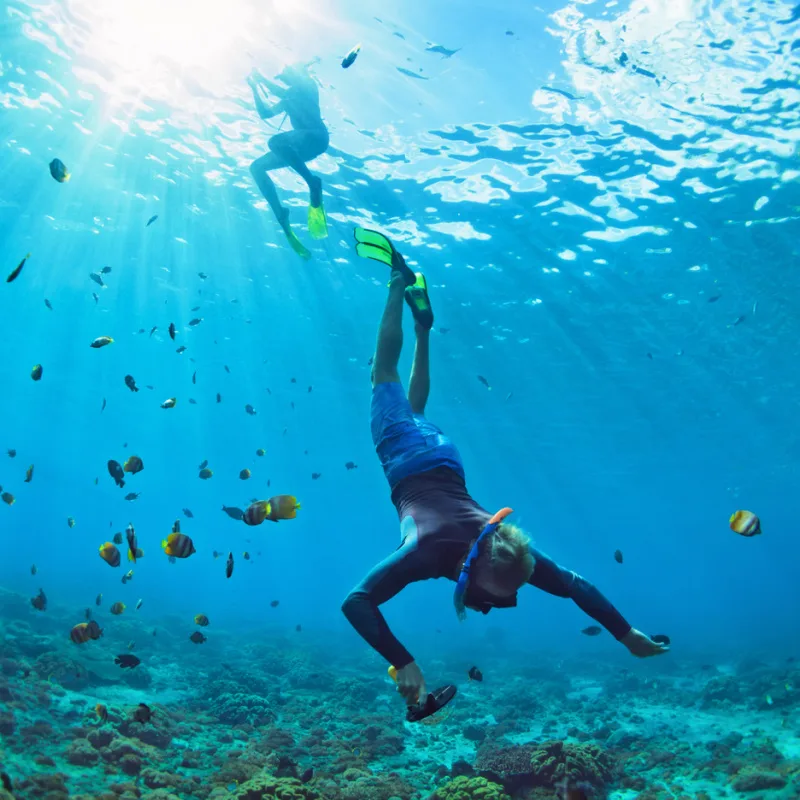
Conservation groups across Bali, many of which are led by local fishermen like Made Partiana, are working to ensure that biodiversity and livelihoods are protected. Partiana works with other fishermen to teach them how to care for the coral, how to use nets safely, and conduct ocean patrols to stamp out the use of cyanide fishing. He told reporters, ‘I saw the reef dying, turning black…You could see there were less fish.’
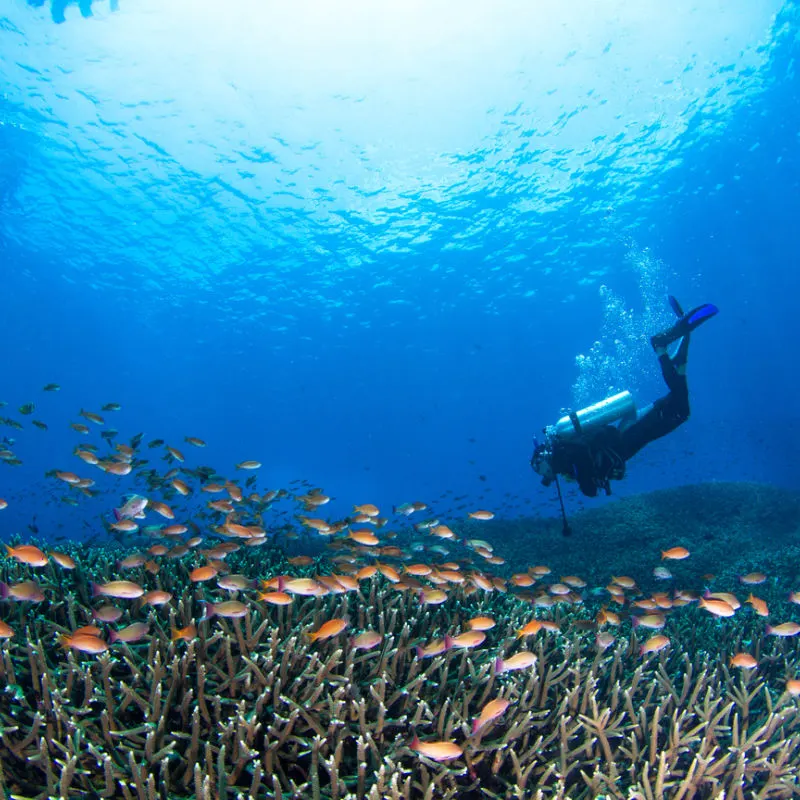
He continued, ‘I hope that [healthier] coral reefs will make it possible for the next generation of children and grandchildren under me’. He wants his children to be able to see ornamental fish in their natural habitat.
Maintaining coral reefs and the biodiversity of the coastal waters of Bali is vitally important for local people. Both as a source of food and of livelihood. The diving, snorkeling, and maritime tourism industry creates a sustainable income for thousands of families in coastal communities in Bali. Without the reef, without tropical fish and marine life, that livelihood would quickly disappear.
Remove All Ads & Unlock All Articles… Sign up for The Bali Sun Premium

Plan Your Bali Holiday:
Book The Best English Speaking Drivers For Airport Transfers & Tours
Choose From Thousands of Bali Hotels, Resorts, and Hostels with Free Cancellation On Most Properties
Book Cheap Flights To Bali
Don’t Forget Travel Insurance That Covers Medical Expenses In Bali
For the latest Bali News & Debate Join our Facebook Community
SUBSCRIBE TO NEW POSTS
Enter your email address to subscribe to The Bali Sun’s latest breaking news, straight to your inbox.
Discover more from The Bali Sun
Subscribe to get the latest posts sent to your email.

john
Tuesday 25th of October 2022
Yet another example of money over everything, (usually nature) Balinese people should be better than this.
Firechef
Tuesday 25th of October 2022
Sounds like that even the Balinese don't care about their environment by killing the reefs. Foreigners come to see them, not destroy them.
IRod Wilkinson
Tuesday 25th of October 2022
No surprises here,disgusting behaviour !oh but if there’s money involved ,
Mia
Tuesday 25th of October 2022
Such a stupid argument!